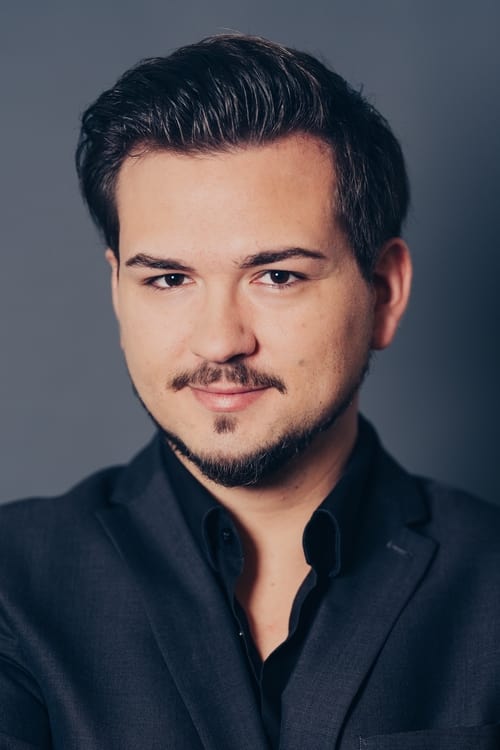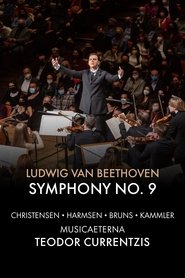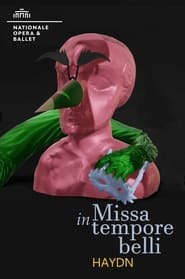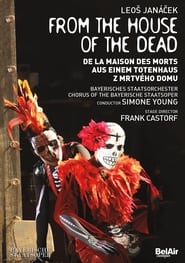detail profile johannes kammler

Info Pribadi
Peran Yang Di Mainkan Johannes Kammler
 Ludwig van Beethoven headed for Symphony...
Ludwig van Beethoven headed for Symphony...Currentzis conducts Beethoven Symphony No. 9 2022
Ludwig van Beethoven headed for Symphony No. 9 literally his entire life. As early as the 1790s, he had an eye on Ode to Joy, perhaps the most well-known poem by Friedrich Schiller, written on the threshold of the French Revolution (1786). In his mature and, in particular, later years, the deaf composer with an acute ‘hearing vision’ increasingly distanced himself from conventional forms and genres and wrote parts beyond the possibilities of instruments of his day. He nurtured the idea of a symphony with a choir for at least several years. The history of the Ninth’s interpretations includes 200 years of staggering revelations and lingering stagnation. Performed by the musicAeterna orchestra, choir, and guest soloists under the baton of Teodor Currentzis, Beethoven’s opus magnum acquires the original poignancy and energy of a recent discovery.
 Haydns Missa in tempore belli is...
Haydns Missa in tempore belli is...Missa in tempore belli - Dutch National Opera 2022
Haydn’s Missa in tempore belli is also known as the Paukenmesse (kettledrum mass) because of its dramatic use of timpani. Responding to the work's innate theatricality, Dutch National Opera presents the mass in a fully-staged performance. Director Barbora Horáková reveals the flipside of the unfaltering faith that runs throughout Haydn’s music, poignantly portraying individuals who suffer under the heavy burden of a narrow-minded ideology.
 Stage director Frank Castorf might have...
Stage director Frank Castorf might have...Janáček: From the House of the Dead 2018
Stage director Frank Castorf “might have been born to direct From the House of the Dead” (Opera Today). His gritty, visually striking adaptation brings bold modern and postmodern touches to Janáček’s masterwork without ever overshadowing the intense forward momentum of the music, conducted to dramatic perfection by Simone Young and sung by an all-star cast in Munich. Janáček adapted Dostoevsky for this powerfully compelling opera set in a Siberian prison camp, full of starkly contrasting moods and motifs, unusual in its episodic structure. The last opera Janáček ever composed, its third act was on his desk when he died in 1928; attempts by his students to “complete” his orchestration have largely fallen away over the decades in favor of the original version. Despite the grimness of the setting and the brutality of several characters, the composer’s compassion shines through in tender moments, movingly illustrating his motto for the work: “in every creature, a spark of God.”
 Production of the Munich Opera Festival 2017...
Production of the Munich Opera Festival 2017...Oberon 2017
Production of the Munich Opera Festival 2017. The plot of Carl Maria von Weber's romantic fairy opera, which premiered at London's Covent Garden in 1826, is quite astonishing: after the fairy king Oberon has fallen out with his wife Titania, it is humans of all people who are supposed to make things right. Titania will only be reconciled if a human couple proves the truthfulness of their love to the death. Oberon's servant Puck already has someone in mind: the crusader Hüon of Bordeaux, who loves the caliph's daughter Rezia.
